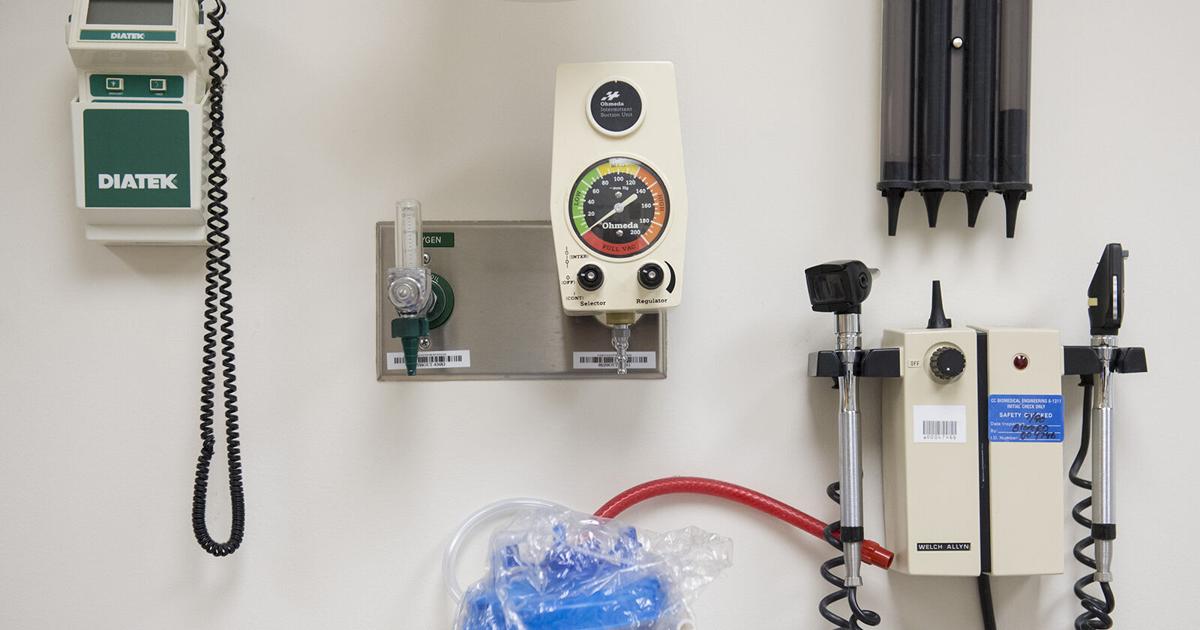Sheldon H. Jacobson column: Health insurance, not health care, needs reform – Richmond.com

A family member became seriously ill last year. After some initial tests, a malignancy was diagnosed. Surgery was scheduled, followed by chemotherapy. Everything proceeded mostly as planned, with no medical hiccups. We are both well-educated, with backgrounds in medicine, health economics and risk analysis, which should have prepared us to maneuver the requirements of our health insurance provider, and ensure that copays and pre-authorizations were handled as necessary.
We were gravely mistaken.
We chose the providers, surgeon and facility so that they were all in-network. The problem is some of these facilities use radiologists, pathologists and anesthesiologists, who choose to be out-of-network.
Why is this done? These specialists receive higher payments when they are out-of-network than if they become in-network, where the reimbursement rates are lower. This means patients then are liable for any charges for such services, even though they have no choice of such providers.
People are also reading…
In Illinois, a law protects patients from such circumstances. Insurance policies must have what is termed a facility-based provider benefit, which means if a patient is cared for in an in-network hospital and out-of-network radiologists, pathologists or anesthesiologists provide services, these services are considered in-network, and mostly billed at the providersâ designated rates.
Even with the facility-based provider benefit, insurance companies may add rules and limitations on such coverage that they do not communicate. For example, they may require the pathology be billed on the same date as the in-network procedures. So if a pathologist bills for their work one day after the care was provided at an in-network facility, the insurance company may deny the charge, effectively moving the pathologist to bill you directly.
Another example occurs when a pathologist must use a specified number of units for the tissue analysis, yet the insurance company places an arbitrary limit on how many units can be billed per day. If this limit is exceeded, the insurance company denies all charges rather than paying up to their arbitrary limit.
The other problem with these unwritten rules is the patient is responsible for figuring them out and communicating them to physiciansâ billing offices. Otherwise, billing offices assume the charges are denied, without determining why, and bill the patient directly.
Effective in 2022, the No Surprises Act provides blanket protection against such billing practices nationwide, offering patients financial protections that move beyond facility-based provider benefits.
The lessons learned from my family memberâs illness is there are a triumvirate of players that are out of sync with each other.
First, there are the in-network medical providers who deliver care and want to be paid for their services. Second, there are insurance companies that have a vested interest to provide the minimum payments for services, and keep a veil of uncertainty around their rules and policies.
Finally, there are the patients who work to stay in-network, yet find themselves liable for legitimate charges that are coverable by their health insurance policy, but require finesse and communication to facilitate their payment.
The best one can say about health insurance is that it is great when you do not need to use it. But once a major medical event demands extensive and complicated care and services, patients become innocent bystanders, stuck between the medical care provided and the insurance company that should be paying for it.
A system that creates a seamless network of providers covered by all insurance companies. Without such a simple set of transparent rules for insurance companies and providers, patients will continue to fall through the cracks, with uncovered medical expenses dropping to them.
Whether this means a single-payer system or multiple payers abiding by a uniform set of rules, changes are needed.
The current system is unsustainable. COVID-19 has further exposed the problems. Health care providers are overwhelmed by more patients than they have resources to treat.
My family memberâs illness opened our eyes to the state of health care in our nation. Both patients and physicians deserve to be respected and treated fairly by the health insurance industry, so patients can receive the medical care they need and physicians can remain in charge of the medical care they deliver.
Sheldon H. Jacobson is a professor of computer science at the University of Illinois at Urbana-Champaign.
© 2022, Chicago Tribune
Distributed by Tribune Content Agency

